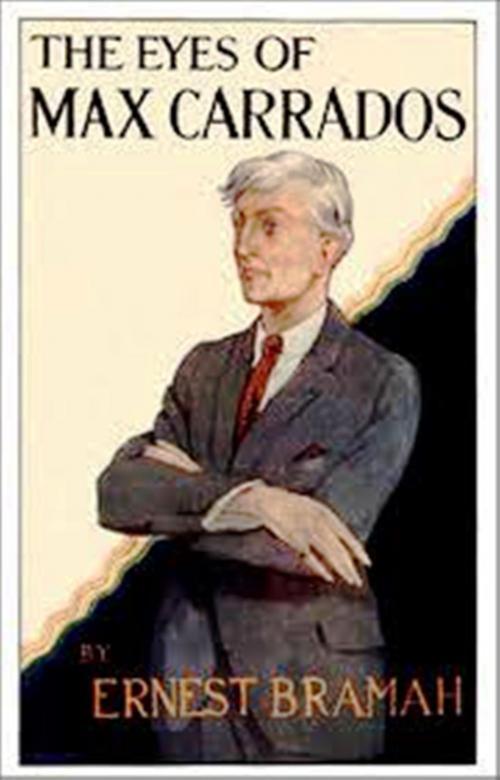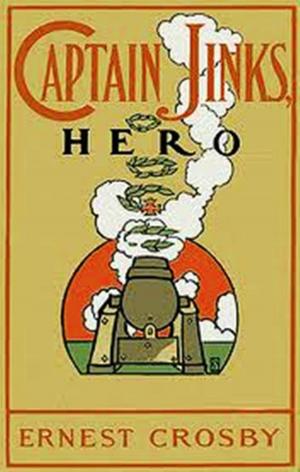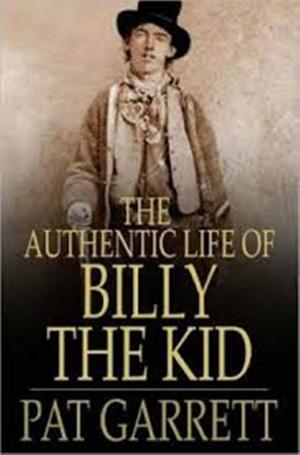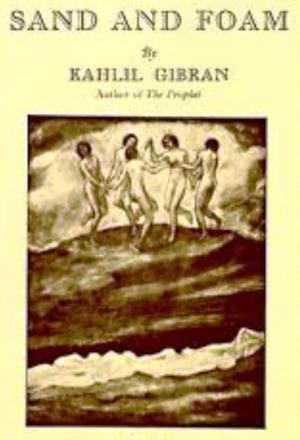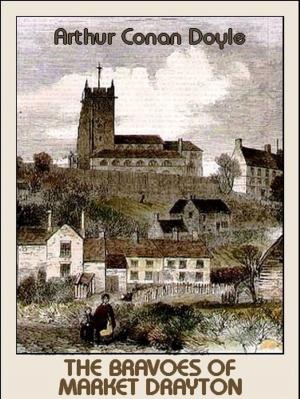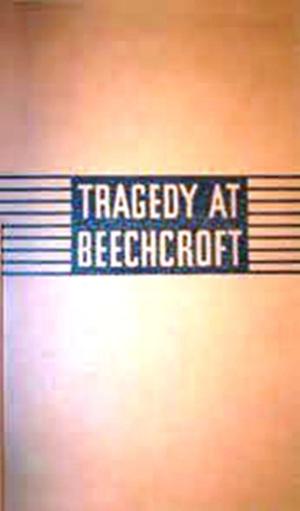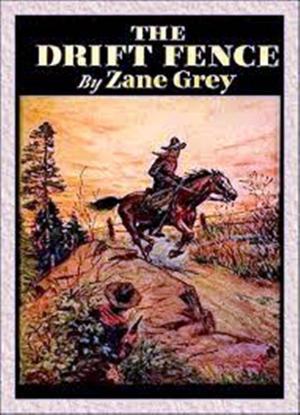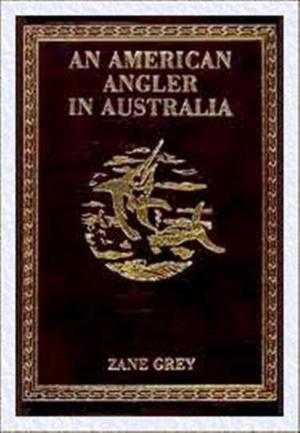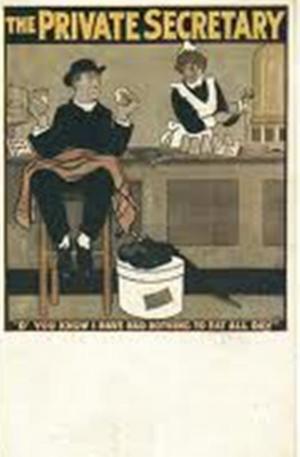| Author: | Ernest Bramah | ISBN: | 1230000143549 |
| Publisher: | WDS Publishing | Publication: | June 20, 2013 |
| Imprint: | Language: | English |
| Author: | Ernest Bramah |
| ISBN: | 1230000143549 |
| Publisher: | WDS Publishing |
| Publication: | June 20, 2013 |
| Imprint: | |
| Language: | English |
In offering a series of stories which continue the adventures of a group of characters already introduced to the reading public, a writer is inevitably at a certain disadvantage. In contriving their first appearance he has been able to select both the occasion and the moment which lend themselves most effectively to his plan. He has begun at the beginning--or, at least, at what, so far as you and he and the tale he has to tell are concerned, must be accepted as the beginning. Buttonholing you at the intersection of these three lines of destiny he has, in effect, exclaimed: My dear Reader! the very man I wished to see. I want to introduce rather a remarkable character to you--Max Carrados, whom you see approaching. You will notice that he is blind--quite blind; but so far from that crippling his interests in life or his energies, it has merely impelled him to develop those senses which in most of us lie half dormant and practically unused. Thus you will understand that while he may be at a disadvantage when you are at an advantage, he is at an advantage when you are at a disadvantage. The alert, slightly spoffish gentleman with the knowing look, who accompanies him, is his friend Carlyle. He has a private inquiry business now; formerly he was a solicitor, but... (here the voice becomes discreetly inaudible)... and having run up across Carrados again... And so on.
This is well enough once, but it should not be repeated. One cannot begin at the beginning twice. In any case, it does not dispose of an obvious dilemma: those among prospective readers who are acquainted with the first book do not need to be informed of the how, when and wherefore of Carrados and his associates; those who are not so acquainted (possibly even a larger class) do need to be informed, and may resent the omission. In the circumstances a word of explanation where it can conveniently be avoided seems to offer the least harmful course.
Max Carrados was published in the spring of 1914. It consisted of eight tales, each separate and complete in itself, but connected (as are the nine of the present volume) by the central figure of Carrados. The first story, "The Coin of Dionysius," cleared the necessary ground. Carlyle, a private inquiry agent, who has descended in the social scale owing to an irregularity-- an indiscretion rather than a crime--is very desirous one evening of testing the genuineness of a certain rare and valuable Sicilian tetradrachm, for upon its authenticity an immediate arrest depends. It is too late at night for him to get in touch with expert professional opinion, but finally he is referred to a certain gifted amateur, a Mr Max Carrados, who lives at Richmond. To Richmond he accordingly proceeds, and is at once recognised by Carrados as a former friend, Calling by name. The recognition is not at first mutual, for Carrados has also changed his name--he was formerly Max Wynn--in order to qualify for a considerable fortune, and he, like Carlyle, has altered in appearance with passing years. More to the point, he has become blind: "Literally... I was riding along a bridle-path through a wood about a dozen years ago with a friend.
In offering a series of stories which continue the adventures of a group of characters already introduced to the reading public, a writer is inevitably at a certain disadvantage. In contriving their first appearance he has been able to select both the occasion and the moment which lend themselves most effectively to his plan. He has begun at the beginning--or, at least, at what, so far as you and he and the tale he has to tell are concerned, must be accepted as the beginning. Buttonholing you at the intersection of these three lines of destiny he has, in effect, exclaimed: My dear Reader! the very man I wished to see. I want to introduce rather a remarkable character to you--Max Carrados, whom you see approaching. You will notice that he is blind--quite blind; but so far from that crippling his interests in life or his energies, it has merely impelled him to develop those senses which in most of us lie half dormant and practically unused. Thus you will understand that while he may be at a disadvantage when you are at an advantage, he is at an advantage when you are at a disadvantage. The alert, slightly spoffish gentleman with the knowing look, who accompanies him, is his friend Carlyle. He has a private inquiry business now; formerly he was a solicitor, but... (here the voice becomes discreetly inaudible)... and having run up across Carrados again... And so on.
This is well enough once, but it should not be repeated. One cannot begin at the beginning twice. In any case, it does not dispose of an obvious dilemma: those among prospective readers who are acquainted with the first book do not need to be informed of the how, when and wherefore of Carrados and his associates; those who are not so acquainted (possibly even a larger class) do need to be informed, and may resent the omission. In the circumstances a word of explanation where it can conveniently be avoided seems to offer the least harmful course.
Max Carrados was published in the spring of 1914. It consisted of eight tales, each separate and complete in itself, but connected (as are the nine of the present volume) by the central figure of Carrados. The first story, "The Coin of Dionysius," cleared the necessary ground. Carlyle, a private inquiry agent, who has descended in the social scale owing to an irregularity-- an indiscretion rather than a crime--is very desirous one evening of testing the genuineness of a certain rare and valuable Sicilian tetradrachm, for upon its authenticity an immediate arrest depends. It is too late at night for him to get in touch with expert professional opinion, but finally he is referred to a certain gifted amateur, a Mr Max Carrados, who lives at Richmond. To Richmond he accordingly proceeds, and is at once recognised by Carrados as a former friend, Calling by name. The recognition is not at first mutual, for Carrados has also changed his name--he was formerly Max Wynn--in order to qualify for a considerable fortune, and he, like Carlyle, has altered in appearance with passing years. More to the point, he has become blind: "Literally... I was riding along a bridle-path through a wood about a dozen years ago with a friend.
